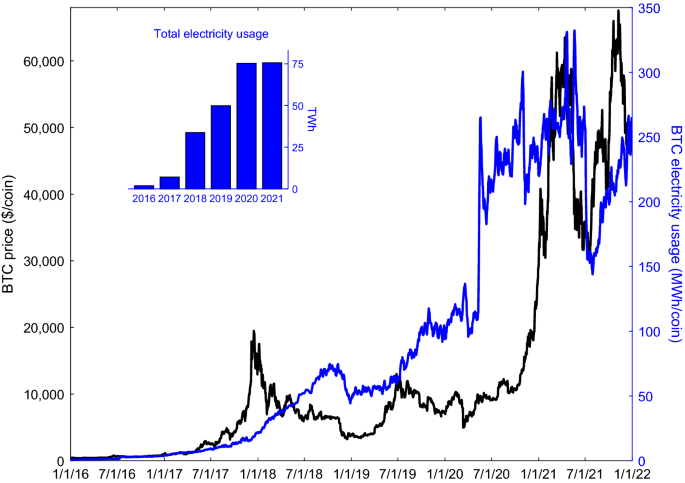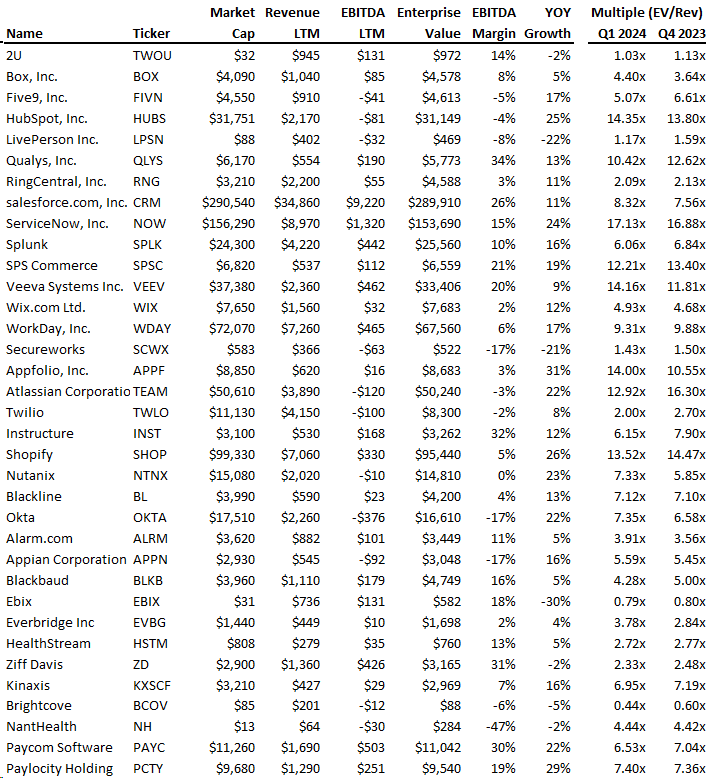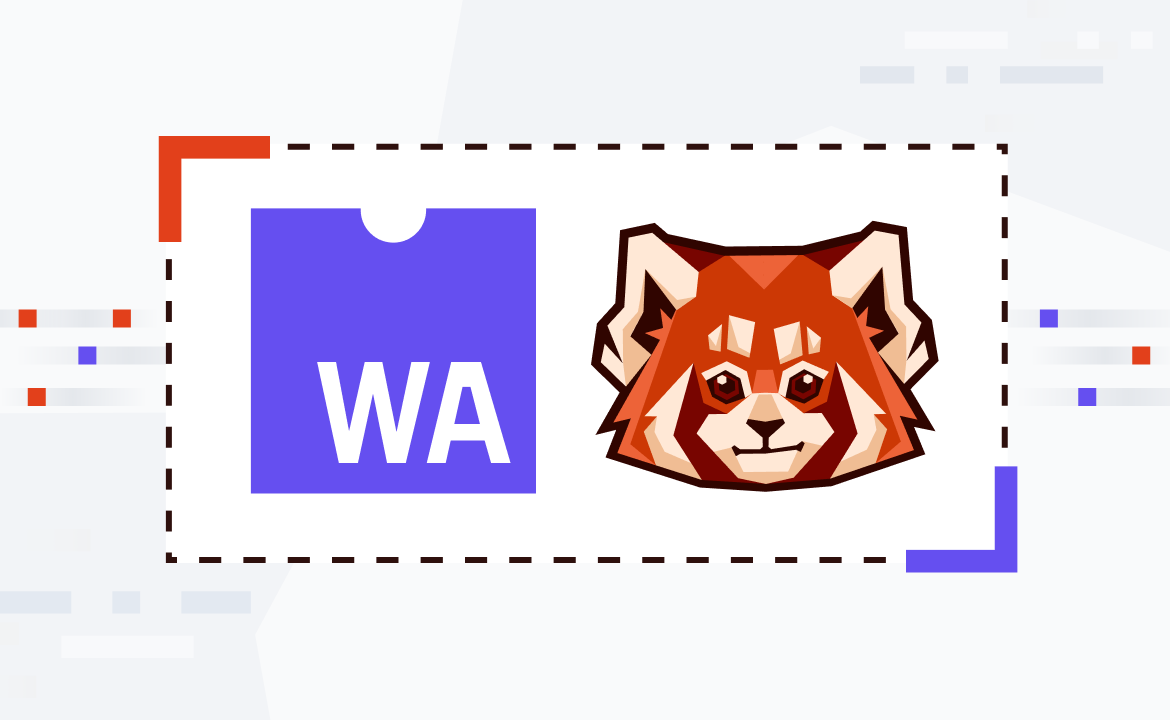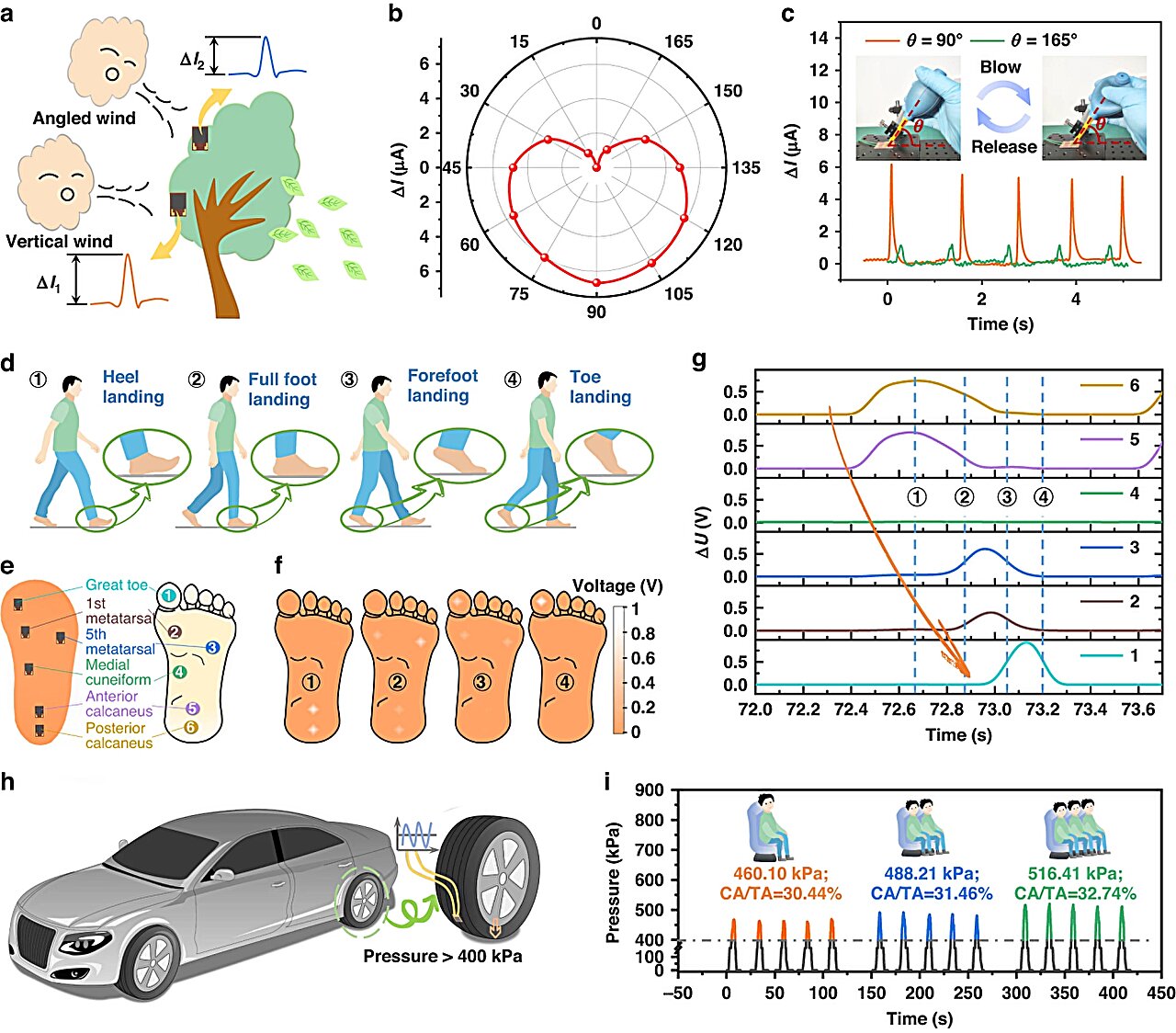
Economic estimation of Bitcoin mining’s climate damages demonstrates closer resemblance to digital crude than digital gold
Scientific Reports volume 12, Article number: 14512 (2022 ) Cite this article
This paper provides economic estimates of the energy-related climate damages of mining Bitcoin (BTC), the dominant proof-of-work cryptocurrency. We provide three sustainability criteria for signaling when the climate damages may be unsustainable. BTC mining fails all three. We find that for 2016–2021: (i) per coin climate damages from BTC were increasing, rather than decreasing with industry maturation; (ii) during certain time periods, BTC climate damages exceed the price of each coin created; (iii) on average, each $1 in BTC market value created was responsible for $0.35 in global climate damages, which as a share of market value is in the range between beef production and crude oil burned as gasoline, and an order-of-magnitude higher than wind and solar power. Taken together, these results represent a set of sustainability red flags. While proponents have offered BTC as representing “digital gold,” from a climate damages perspective it operates more like “digital crude”.
Given rapidly developing blockchain technology and the use of encryption and decentralized, permission-less public ledgers, today’s evolving internet has allowed the emergence of various digitally scarce goods1. This digital economy includes nonfungible assets like tokens for various digital media2, as well as fungible, divisible assets like the several thousand cryptocurrencies supported by hundreds of exchange platforms3. Select digitally scarce goods use production schemes with intensive energy use4,5. These include several prominent cryptocurrencies (e.g., Bitcoin, Ether), which to-date are based on highly energy-intensive, competitive tournament-style production schemes known as proof-of-work (POW) mining for providing the encrypted validation in decentralized public ledgers6,7.

/cloudfront-us-east-2.images.arcpublishing.com/reuters/GZTQDVBU7JPOBJ73LAELU52K4Q.jpg)

















/cdn.vox-cdn.com/uploads/chorus_asset/file/25417835/51684715392_2615642caa_o.jpg)



